Healthy foods, such as fruits, vegetables, whole grains, lean proteins, and healthy fats, are rich in essential nutrients like vitamins, minerals, and antioxidants. These nutrients are vital for the proper functioning of the body, supporting overall health and well-being. There are plenty of healthy foods to eat every day; select wisely and eat healthy!
A balanced diet consisting of healthy foods provides the body with the energy it needs to perform daily activities. Nutrient-dense foods fuel the body, enhance mental clarity, and contribute to better productivity and focus throughout the day.
Table of Contents
- 1. Benefits of selecting healthy foods to eat everyday:
- 2. What are healthy foods to eat everyday?
- 3. Tips to eat healthy foods every day:
- 4. Healthy foods to eat every day:
- 5. Grilled Chicken with Steamed Vegetables:
- 6. Lentil Soup:
- 7. Baked Sweet Potato with Chickpea Curry:
- 8. Quinoa and Vegetable Stir-Fry:
Benefits of selecting healthy foods to eat everyday:
Weight Management: Eating a balanced and nutritious diet is essential for maintaining a healthy weight. Healthy foods are generally lower in calories and higher in fiber, which can help control appetite, manage portion sizes, and promote weight loss or maintenance.
Disease Prevention: A diet rich in healthy foods can help reduce the risk of chronic diseases, such as heart disease, type 2 diabetes, obesity, certain cancers, and hypertension.
Digestive Health: Adequate fiber intake promotes regular bowel movements and helps maintain a healthy gut microbiome.
Strong Bones and Teeth: A balanced diet rich in these nutrients can help prevent conditions like osteoporosis and tooth decay.
Heart Health: A diet consisting of lean proteins, whole grains, fruits, vegetables, and healthy fats can contribute to heart health and lower levels of cholesterol, blood pressure, and inflammation, reducing the risk of cardiovascular diseases.
Mental and Emotional Well-being: Certain nutrients, like omega-3 fatty acids found in fish, have been linked to improved mood and brain health.
What are healthy foods to eat everyday?
To maintain a balanced and healthy diet, it's recommended to include a variety of nutrient-dense foods in your daily meals. Here are some essential food groups and examples of what you should aim to eat every day:
Fruits and Vegetables: Include a colorful variety of fruits and vegetables in your diet. Aim for at least 5 servings per day. Examples include berries, leafy greens, citrus fruits, broccoli, carrots, and bell peppers.
Whole Grains: Choose whole grain options over refined grains. Include foods like whole wheat bread, brown rice, quinoa, oats, and whole grain pasta in your meals.
Protein: Incorporate lean sources of protein into your diet. This can include poultry, fish, lean meats, legumes (beans, lentils), tofu, tempeh, and Greek yogurt.
Healthy Fats: Include sources of healthy fats in your diet for essential fatty acids. Examples include avocados, nuts and seeds (almonds, walnuts, chia seeds), olive oil, and fatty fish (salmon, mackerel).
Dairy or Dairy Alternatives: Consume low-fat dairy products or dairy alternatives like almond milk, soy milk, or coconut milk for calcium and other nutrients. Examples include low-fat milk, yogurt, and cheese.
Hydration: Stay hydrated by drinking plenty of water throughout the day. Aim for at least 8 cups (64 ounces) of water daily.
Tips to eat healthy foods every day:
Here are some tips to help you eat healthy food:
Plan Ahead: Plan your meals and snacks in advance to ensure you have nutritious options readily available. Create a grocery list and shop for fresh fruits, vegetables, lean proteins, whole grains, and other healthy ingredients.
Choose Whole Foods: Opt for whole, unprocessed foods whenever possible. These include fruits, vegetables, whole grains, lean meats, fish, legumes, and nuts. Whole foods are generally more nutritious and less processed than packaged or processed foods.
Portion Control: Pay attention to portion sizes to avoid overeating. Use smaller plates and bowls to help control portion sizes visually. Be mindful of your hunger and fullness cues and eat until you are satisfied, not overly full.
Include Lean Proteins: Choose lean sources of protein like poultry, fish, beans, lentils, tofu, and Greek yogurt. Protein is essential for muscle repair and growth, and it helps keep you feeling satisfied.
Limit Added Sugars and Processed Foods: Reduce your intake of added sugars and processed foods, as they tend to be high in calories, unhealthy fats, and added sugars. Read fod labels and opt for whole, natural ingredients instead.
Stay Hydrated: Drink plenty of water throughout the day to stay hydrated. Limit sugary beverages like soda and opt for water, herbal tea, or infused water for a healthier choice.
Healthy foods to eat every day:
Here are some healthy foods that you can include in your daily diet:
Grilled Chicken with Steamed Vegetables:
- Season chicken breasts with salt, pepper, and your choice of herbs or spices.
- Grill the chicken until cooked through.
- Steam a variety of vegetables such as broccoli, carrots, and snap peas until tender-crisp.
- Serve the grilled chicken with the steamed vegetables for a nutritious and satisfying meal.
Lentil Soup:
- Sauté chopped onions, carrots, and celery in a pot with olive oil until softened.
- Add rinsed lentils, vegetable or chicken broth, and your choice of spices (such as cumin, paprika, or turmeric).
- Simmer until the lentils are cooked and the soup has thickened.
- Season with salt and pepper to taste.
- Serve the lentil soup hot with a side of whole grain bread.
Baked Sweet Potato with Chickpea Curry:
- Pierce a sweet potato with a fork and bake it in the oven until tender.
- Meanwhile, prepare a chickpea curry by sautéing onions, garlic, and spices (such as curry powder, cumin, and turmeric) in a pan.
- Add canned chickpeas, diced tomatoes, and coconut milk to the pan and simmer until the flavors meld together.
- Slice open the baked sweet potato and top it with the chickpea curry.
- Garnish with fresh cilantro or chopped green onions.
Quinoa and Vegetable Stir-Fry:
- Cook quinoa according to package instructions.
- Heat a pan with a small amount of oil and stir-fry your favorite vegetables, such as bell peppers, zucchini, broccoli, and mushrooms.
- Add cooked quinoa to the pan and stir-fry for a few more minutes.
- Season with soy sauce or tamari and a sprinkle of sesame oil.
- Optionally, you can add cooked chicken, tofu, or shrimp for added protein.
- These are just a few examples, but there are countless possibilities for cooked healthy foods. The key is to focus on whole ingredients, lean proteins, plenty of vegetables, and using healthy cooking methods such as grilling, baking, steaming, or stir-frying with minimal added fats.

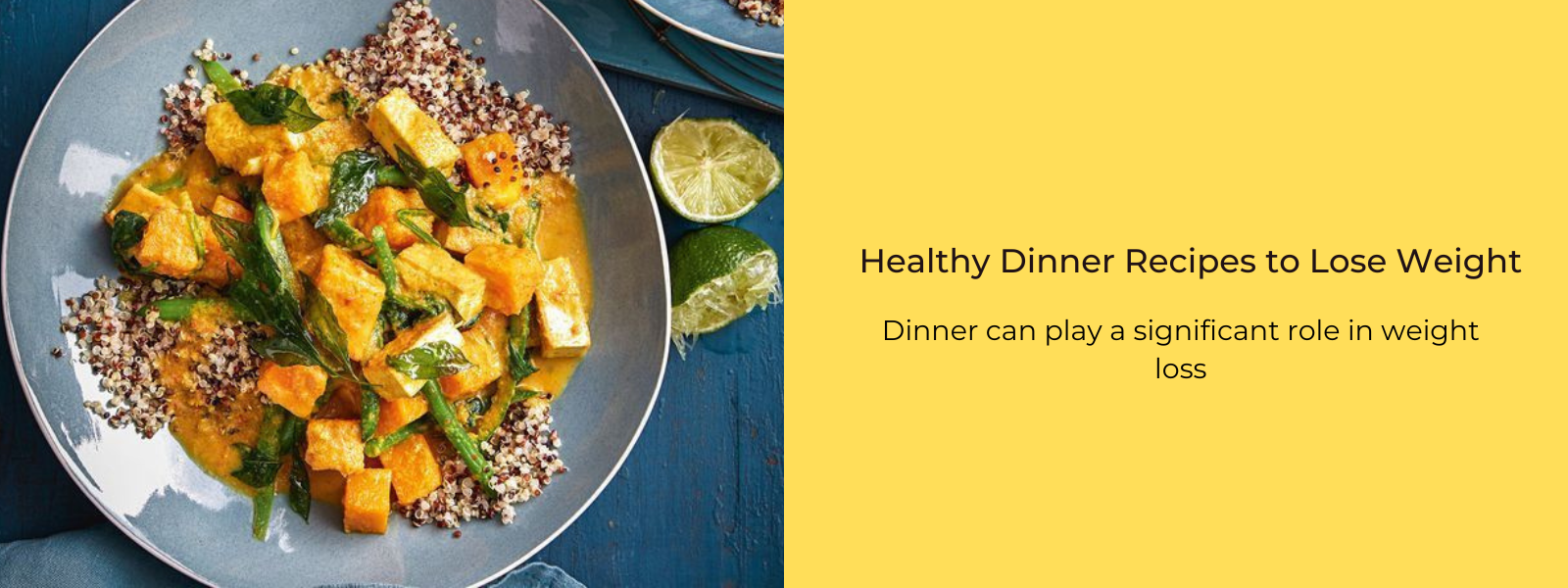
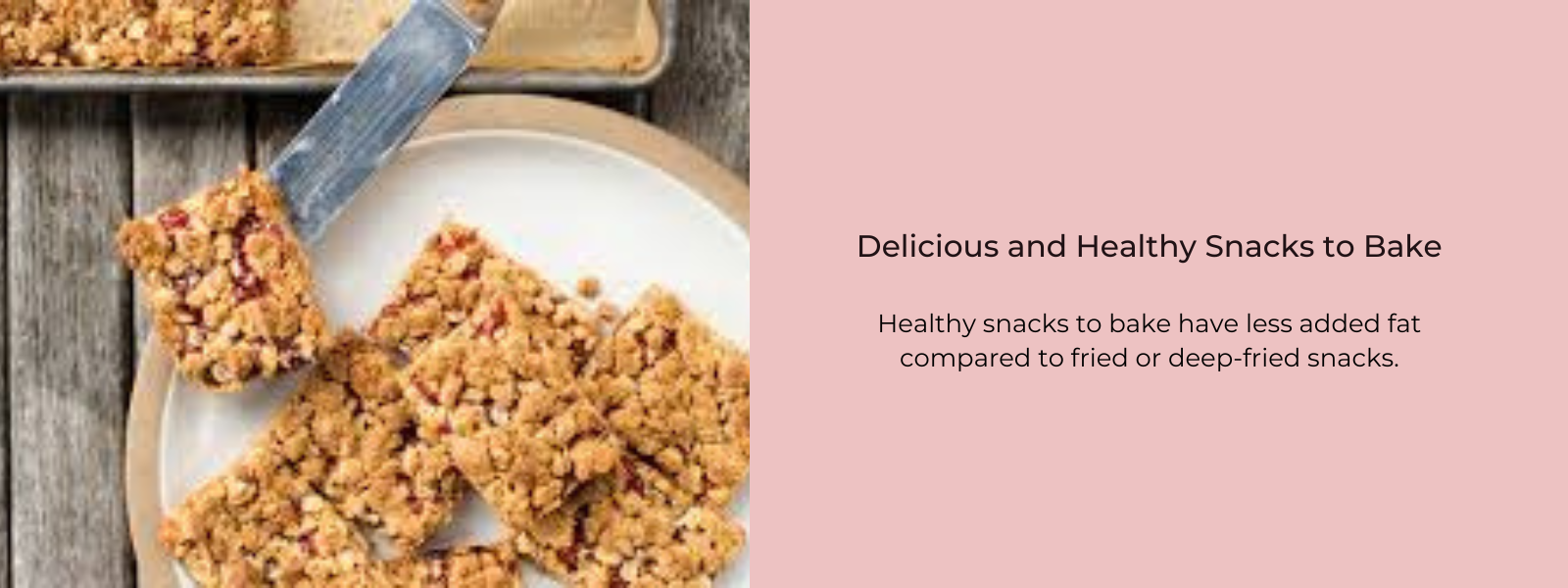
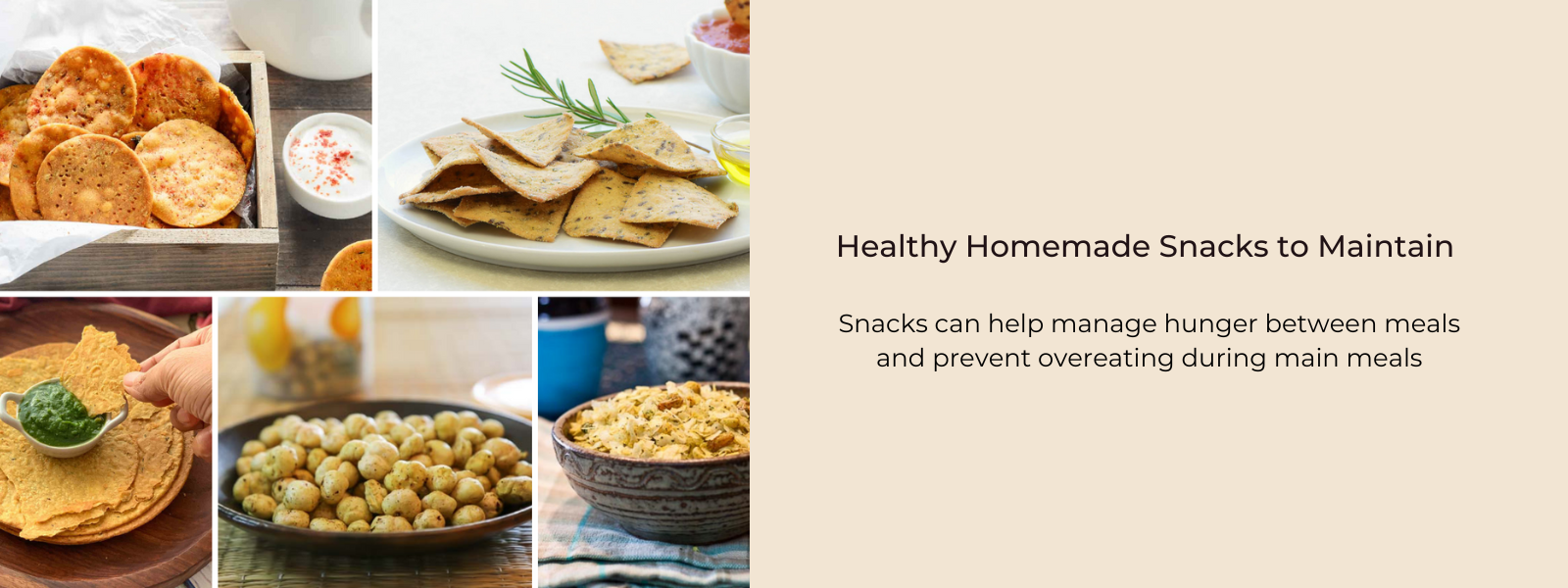

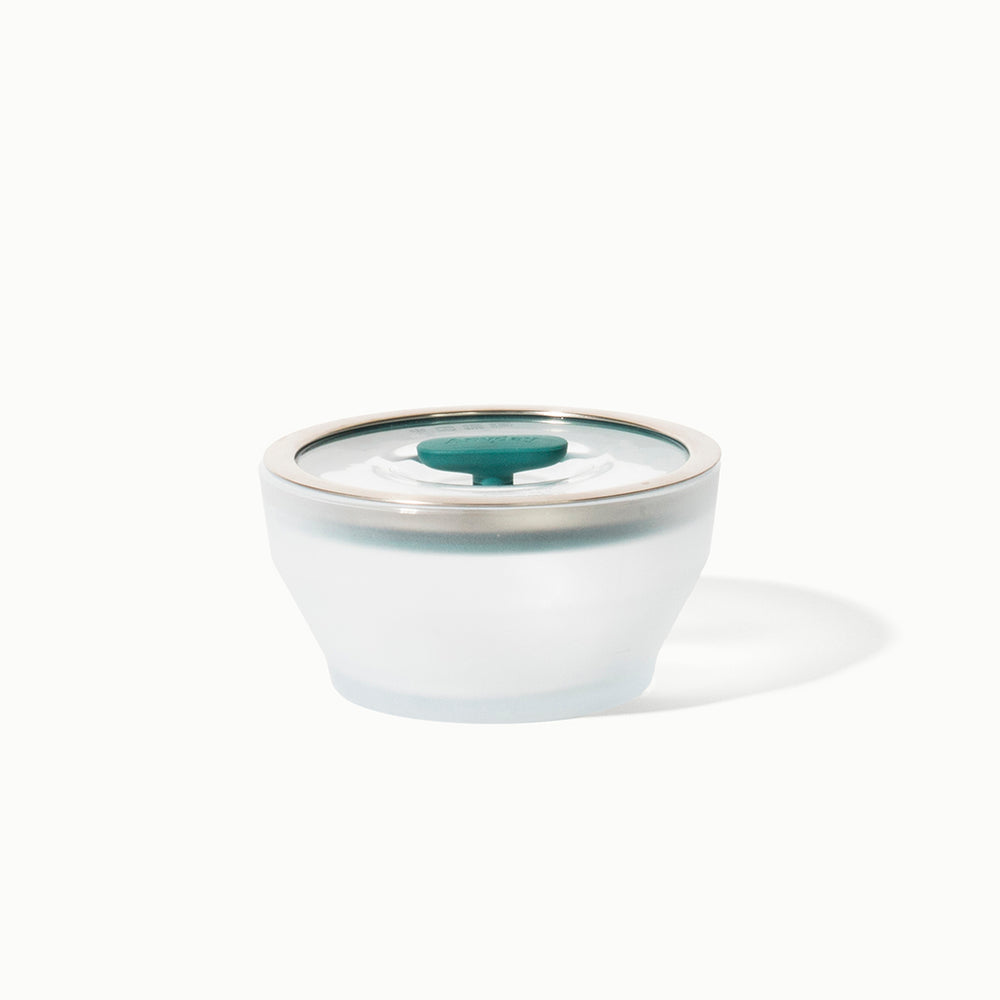
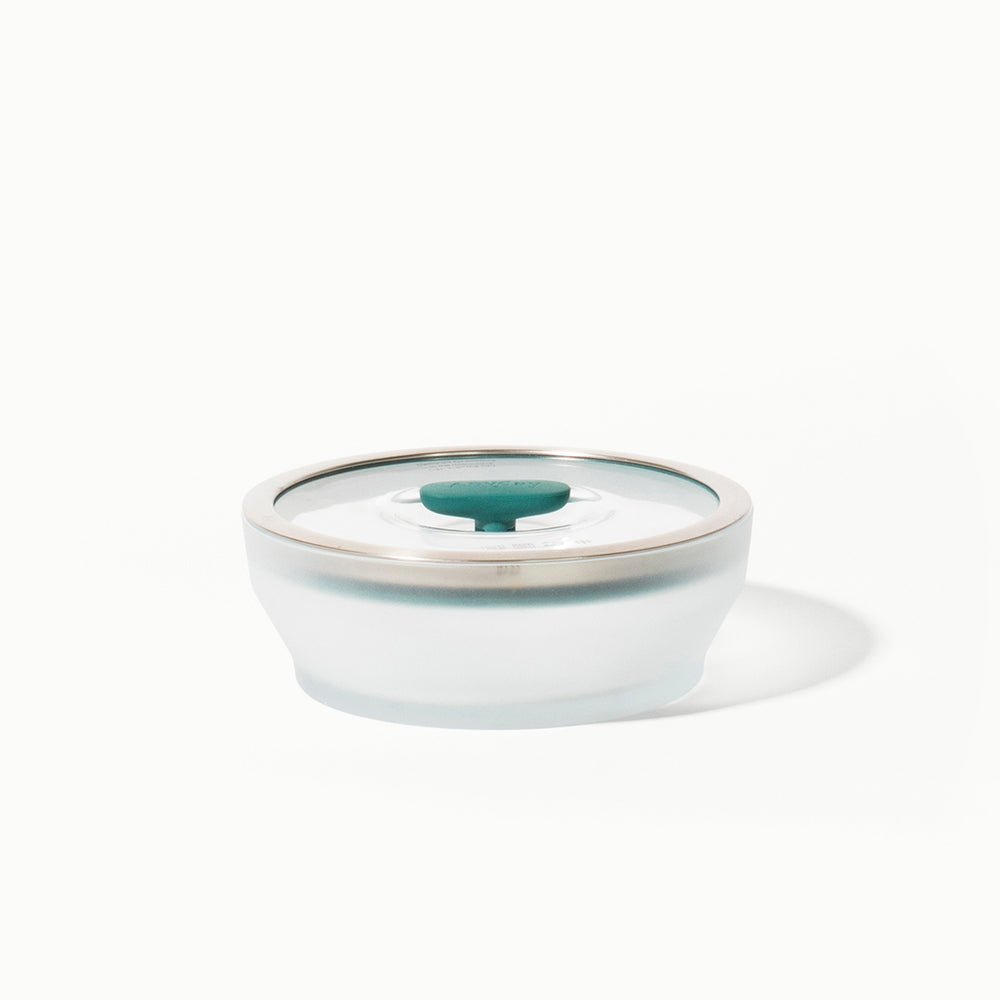




Leave a comment